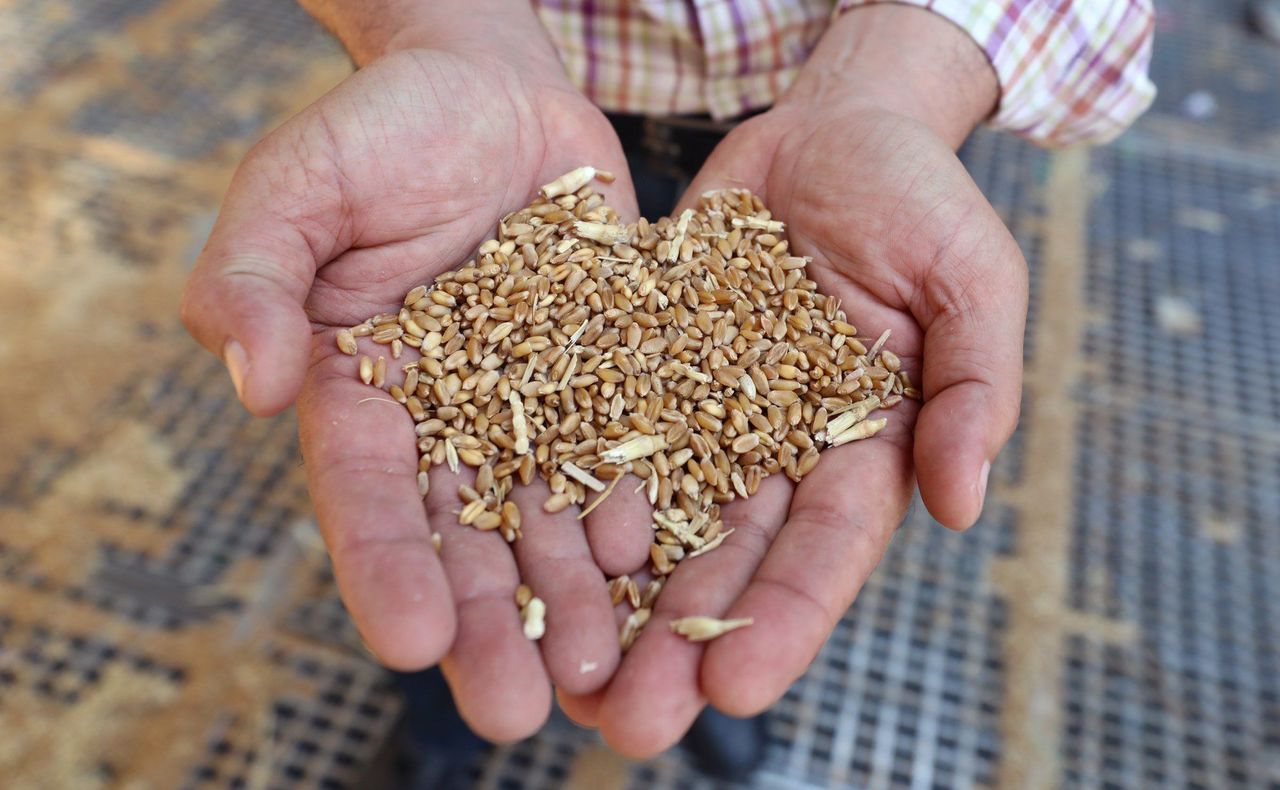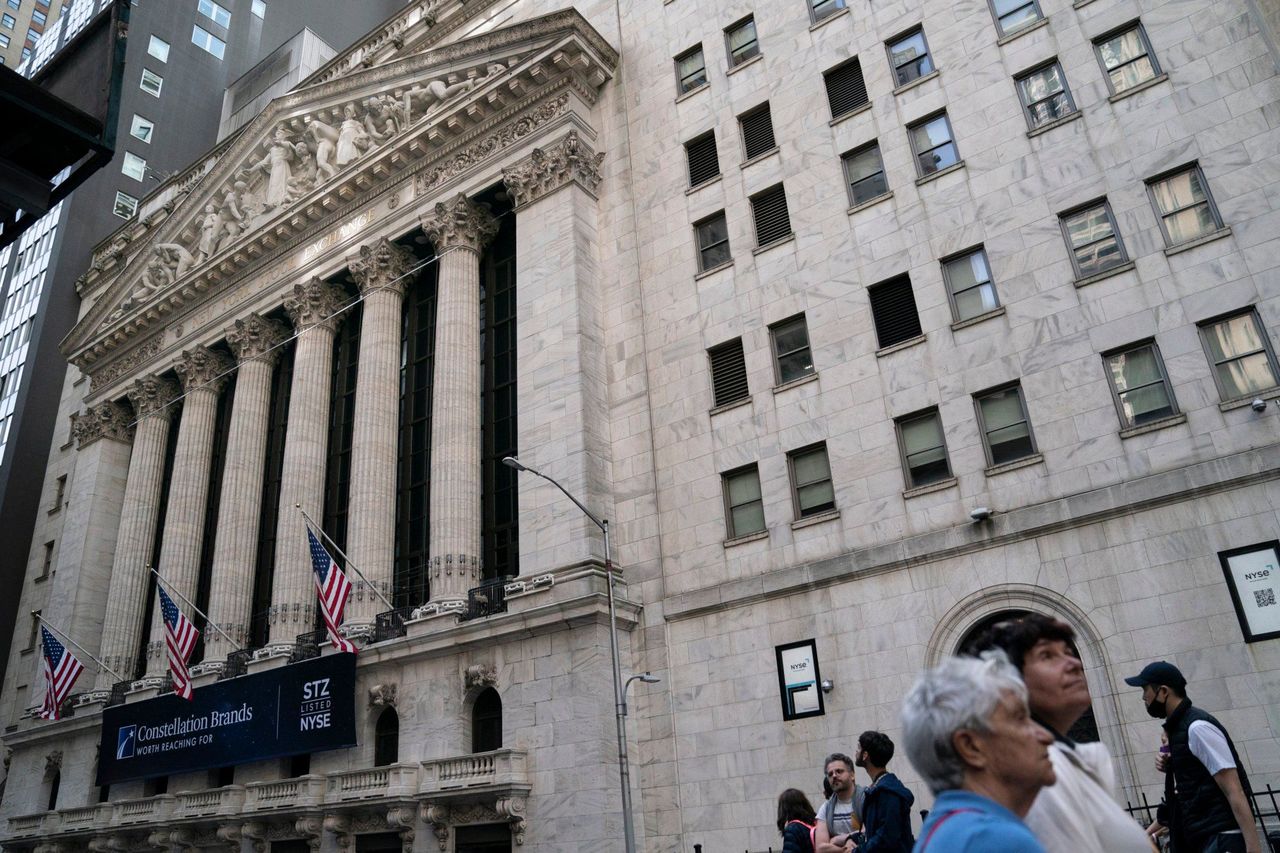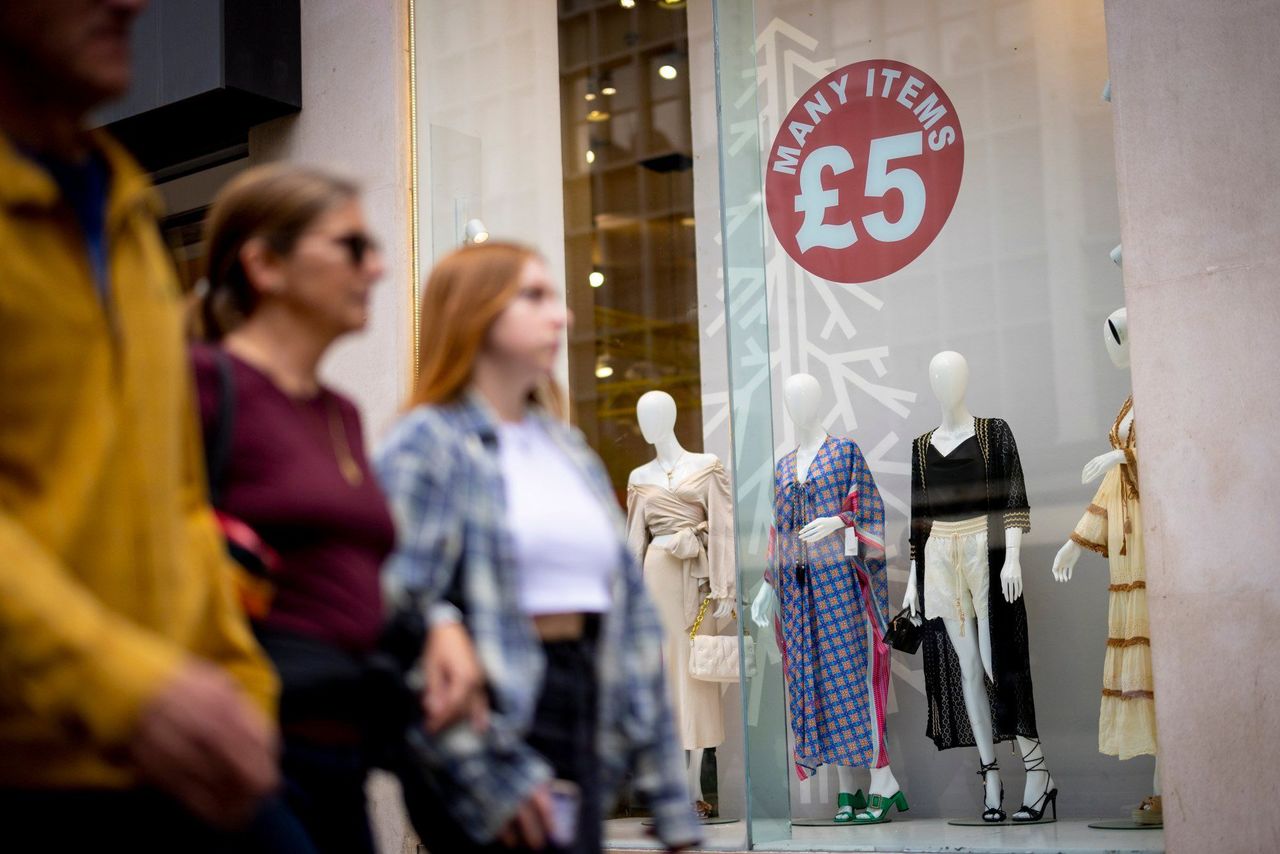We’ve not seen the end of stock market corrections or inflation
Call it the “hope springs eternal” or the “bigger fool” syndrome; either way, the idea being put about now by some stock pushers that markets may have hit the bottom or that inflation has peaked serves only to indicate the depth of their ignorance about what’s really going on in the global economy.
It’s high time they shed their belief that financial markets are predictable, rational or efficient and that some mysterious “hidden hand” guides markets towards an optimum allocation of resources. This is a dangerous myth that flies in the face of reality.
Consider, for example, a primary and yet largely unappreciated factor behind the recent surge in global inflation. Covid-19 and the Ukraine war are the usual suspects but, in fact, a huge deficit of investment in commodity production over many years is pushing prices through the roof.

Kenneth Courtis, former vice-chairman of Goldman Sachs Asia and chairman of commodity traders Starfort Investment Holdings, is expected to address this phenomenon in a speech at the upcoming 2022 Qingdao Global Venture Capital Conference in China. It deserves attention from the “inflation has peaked” dreamers.
What has this to do with stock markets? It is precisely because markets do such a poor job in directing savings into long-term investment that the current commodity crisis has developed. The same can be said of the massive deficits in funding to address climate change, and infrastructure and healthcare needs.
The fact that the tech boom has now become a “tech wreck” is a serious indictment of the failure of stock markets to allocate capital in a socially responsible way, and of their preference to indulge in hysterical orgies of speculation on glamour stocks and high-rolling entrepreneurs.
Yet another example of this short-sightedness – and another boom threatening to go bust – is ESG (environment, social and governance) investment. ESG funds have attracted vast amounts of investment in recent times and are now attracting attention from crimebusters worried about “greenwashing”.
There is no room here to go into detail on any of these gigantic excesses and failures of judgment, beyond saying that they all illustrate the damage created when sober analysis of socioeconomic and financial factors is usurped by a misguided faith in the infallibility of the marketplace.
Despite all this, the desire on the part of many commentators to gloss over the fundamental and structural failures of stock markets to provide a sound foundation for a nation’s finance would be awe-inspiring if it were not abysmal. They can only think of markets “getting back to business” again.
When analysts talk about stock markets, they are usually talking about Wall Street (just as, when they talk about inflation, they’re normally referring to US inflation). This is justified only in that Wall Street towers above others and its greed and fear-driven short-termism have become universal.
 Pedestrians pass by the New York Stock Exchange in Manhattan, New York, on May 5.
Pedestrians pass by the New York Stock Exchange in Manhattan, New York, on May 5.
A market plunge was inevitable once the tide of central bank liquidity began to recede. But now that there has been a modest correction, many people seem eager to persuade themselves that it is almost over, that markets are “bottoming out”, instead of trying to understand why this cannot be so.
There are three primary factors that have driven the bull market in stocks, which lasted for nearly a decade until a few months ago. These are: robust economic growth, consumption and investment; rising corporate profits; and buoyant financial liquidity. None of these are present any longer.
It is logical to expect market indices to continue falling, with the descent rate accelerating as anticipated recovery fails to materialise. The S&P 500 index may have corrected by some 20 per cent but it had risen by a staggering 90 per cent in the three years to 2021 – hardly a “correction”.
Meanwhile, inflation will continue to rise, as data from the European Union and the UK indicate (even if economist Paul Krugman is suggesting, rather improbably, that it may have peaked in the US). And that brings us back to the role that commodity prices are playing in inflation.
 Shoppers walk along Oxford Street in London, on May 20. Inflation in the
UK soared to 9 per cent in April, the highest rate in 40 years.
Shoppers walk along Oxford Street in London, on May 20. Inflation in the
UK soared to 9 per cent in April, the highest rate in 40 years.
As Courtis observed in the speech notes he shared with me, for two decades investment has been skewed to hi-tech and high-growth digital sectors. Companies with scant earnings prospects have been bid up to astronomical valuations, generating enormous returns. But core innovations have now reached their limits.
Investors shunned the old economy and the “real stuff” such as commodities-related infrastructure, ports, railways, refineries, food processing, mines and smelters. The result has been two decades of underinvestment in sectors which are the very basics of life.
As Courtis noted, we now find ourselves in the precarious situation where we have so underinvested in the basics of the economy that we have started running into significant supply constraints in the production of energy, metals, agricultural products and related capacity.
The message, then, for stock markets is not to expect a return to anything like the status quo ante. First, there has to be a thorough shake-out of “new economy” detritus and then large-scale new investment in “old economy” essentials. Getting back to basics will be painful but salutary.











